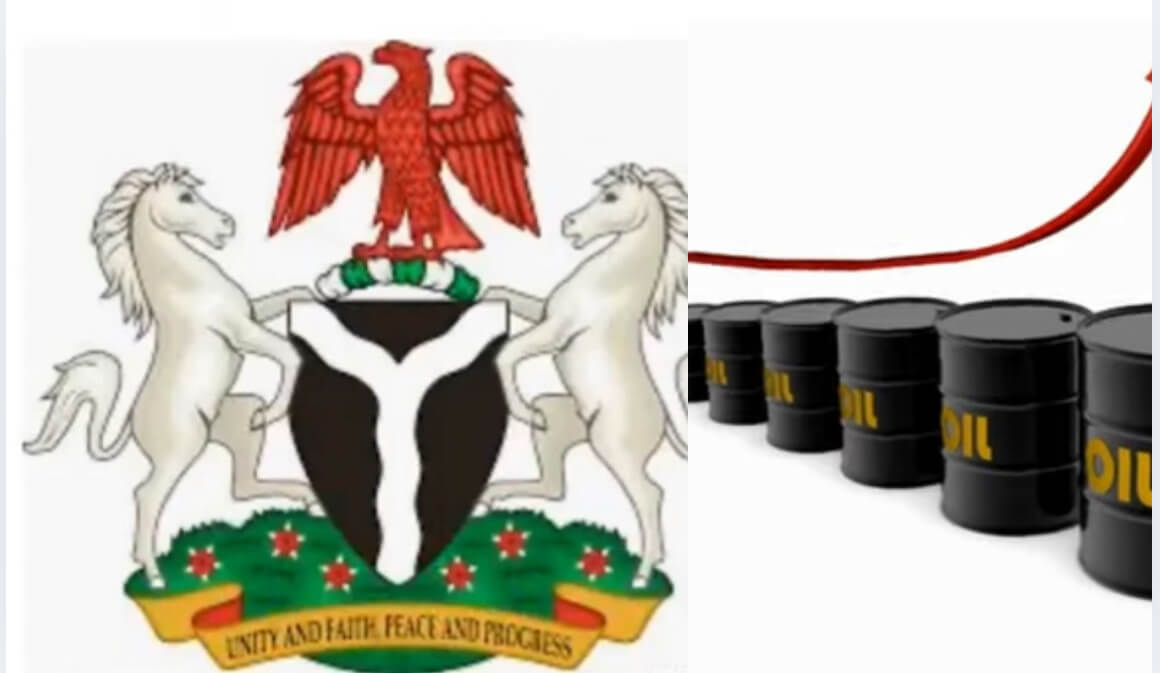The government took away a huge sum from state funds in 2024 to pay off debts owed to other countries, leaving many states with less money for their own needs. In 2024, N800bn was deducted from the money states received because of foreign debt and other contracts. This move came from a recent FAAC Quarterly Review released by the Nigeria Extractive Industries Transparency Initiative. The report shows that even though states got more money overall, they still faced a serious hit because of these deductions.
ALSO READ: Interesting stories
According to the review, the total money given out by the Federation Accounts Allocation Committee was N15.26tn in 2024—a 43% rise from the previous year. This boost was due to changes in the fiscal system, such as the removal of fuel subsidies and adjustments in exchange rates, which led to more oil revenue. Out of this sum, the Federal Government received N4.95tn, state governments got N5.81tn, and local governments received N3.77tn.
State governments saw the largest jump in funds, going from N3.58tn in 2023 to N5.81tn in 2024, a 62% increase. However, despite these higher amounts, states still had to deal with the removal of N800bn right at the source for foreign debt and other payments. This has added a lot of fiscal pressure, especially for states that do not earn much on their own.
LEARN MORE: Read blogs and articles here!!!
For example, Lagos had the highest deduction of N164.7bn, which made up over 20% of the total deductions. Kaduna saw N51.2bn taken, while Rivers and Bauchi had deductions of N38.6bn and N37.2bn respectively. The report warns that many states with heavy debt burdens are not among the top receivers of funds. This imbalance has raised concerns about their ability to fund important projects and stay financially healthy.
The review also points out that these deductions represent 12.3% of the total money allocated to all 36 states. The report noted that some states with higher debt loads are falling lower in the FAAC rankings, meaning they get less money but lose more to debt repayments. This situation makes it harder for them to balance their budgets and meet their financial needs.
Officials from NEITI explained that the big increase in funds was mostly due to major fiscal reforms. Removing fuel subsidies in mid-2023 and changing the foreign exchange policy boosted oil revenues by over 400%. However, these changes also brought problems such as rising prices and higher debt servicing costs, which have created more uncertainty for states that depend heavily on oil money.
ALSO CHECK: Affordable products
The review showed that Lagos received the highest state allocation of N531.1bn in 2024, followed by Delta with N450.4bn and Rivers with N349.9bn. On the other end, states like Nasarawa, Ebonyi, and Ekiti got the least, with allocations of N108.3bn, N110bn, and N111.9bn respectively. The six states that received the most—Lagos, Rivers, Bayelsa, Akwa Ibom, Delta, and Kano—together made up 33% of all state allocations. In contrast, the six states at the bottom—Yobe, Gombe, Kwara, Ekiti, Ebonyi, and Nasarawa—made up only 11.5%.
NEITI has called for immediate steps to reduce these economic risks and to help states grow their revenue steadily. They suggested that keeping the exchange rate steady, being careful with oil prices and production, and finding new ways to earn money beyond oil and gas could help. The agency also urged all levels of government to work on raising their own income and to be more open about spending public money.
In a clear message, NEITI stressed that everyone must be held accountable for how public funds are managed. They want the report’s findings to be used to monitor government spending more effectively, ensuring that funds are used properly and that states remain financially stable in the long run.

